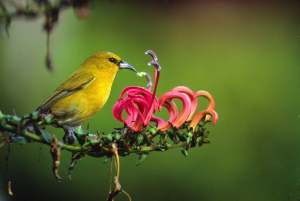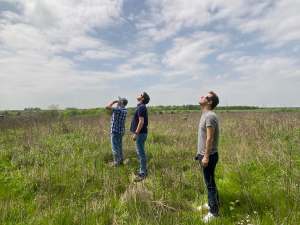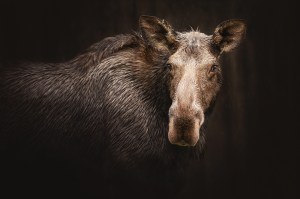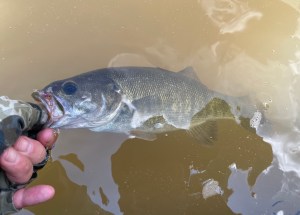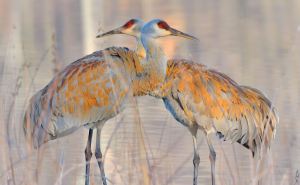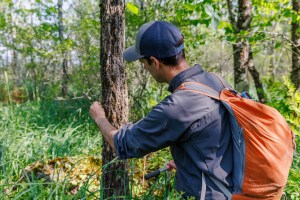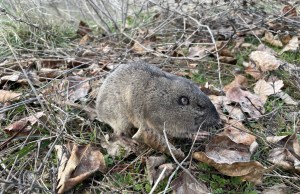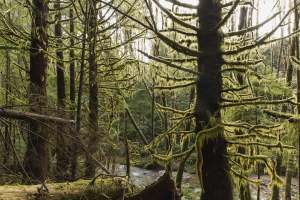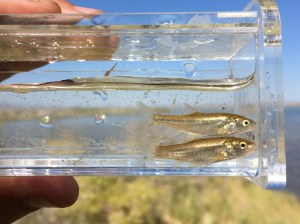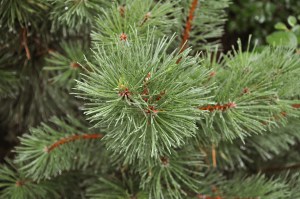Discover stories in United States
How Can You Stop a Disease-Carrying Mosquito?
An effort to slow the spread of deadly avian malaria is giving Hawaiian forest birds a fighting chance.
A Tailgate for the Sun
Join writer Jenny Rogers as she watches the solar eclipse from a remnant patch of blackland prairie in Texas.
From Moose to Marmots, Microclimates Could Provide Climate Buffer
Microclimates — variation in everything from rock formations to vegetation — will help species survive the current and future climate crisis.
50 Fish, 50 States: Bass of the Waterfalls
The shoal bass faces some serious threats. But a new legion of fans bring hope for this species.
Did You Know Sandhill Cranes Dye Their Feathers?
Sandhill cranes add a rusty-brown color to their gray feathers each spring.
The Search for America’s Tiniest Turtles
In Massachusetts, a team is restoring wetlands and using some old-school ways to track bog turtles process.
The Search for “Lingering Trees” Offers Hope for Imperiled Species
The tiny fraction of trees that show strong resistance to invasive pests and pathogens need to be found – and is how you can help.
Quality Time with Pocket Gophers
Most North Americans have heard of gophers. But what about the elusive pocket gopher?
Restoring Old-Growth Forests in the Pacific Northwest: Lessons from TNC’s Ellsworth Creek Preserve
Scientists are evaluating 15 years of forest management at TNC’s Ellsworth Creek Preserve to inform large-scale forest restoration efforts.
Borax Lake Chub: Conserving a High Desert Survivor
This fish has adapted to a lake high in arsenic and heavy metals. But human activity poses a greater challenge.
50 Fish, 50 States: Pier Review
Fishing piers remain ignored by the outdoor media and mainstream fishing culture.
Christmas Trees on the Beach
Christmas trees can help nature after the holidays. Here's how holiday trees end up under sand and in your garden.
